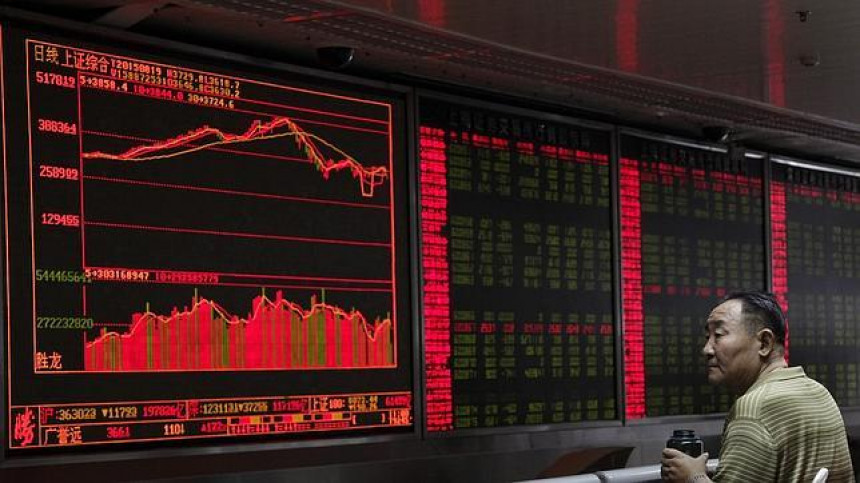
There is no year in that all the events can be foreseen, nor that predictions will be fulfilled. For many experts, predicted events have happened, others -as always- have emerged without the most conspicuous being able to suspect them. Let's review the year 2015.
Weakness in emerging economies
Hope in the new emerging economies began to crumble. The champions of global growth should have been countries such as Brazil and China. The former had been awarded major world events that, together with good macroeconomic figures, augured a promising economic engine for America. However, the Brazilian government, which had re-elected its president, soon thwarted expectations: inability to finish the necessary infrastructure on time, high levels of pollution, crime and unsanitary conditions and a dangerous financial bubble, are breaking down the Brazilian dream. The economy was growing in recent years due to an artificial consumption produced by the facilities given to a huge population to borrow. The same happened to the government.
Regarding China, it was foreseeable that relentless years of incredibly high rates of economic growth overheated the economy. Unlike Brazil, given the economic volume of China, once the machine stops, it can create a global recession. In China there has been a huge financial bubble centred on two areas: first, and unprofitable investments and infrastructure promoted by the government, and the financial system to gain commissions and profits. Highways that lead nowhere and entire cities where no-one lives have been built. Moreover, a significant part of everyone has been allowed to obtain credit to buy shares on the stock exchange. This done on a large scale has created an oversized economy that has begun its inevitable readjustment. The government has had to stabilise its currency artificially by selling 20% of it, and spectacular falls in the stock market are the first signs. For the first time globally, atmospheric CO2 emissions have fallen, but this is due to the slowdown of the Chinese economy.
Europe and its unexpected enemy
Emerging economies seemed a panacea for the old Europe to emerge from its economic stagnation, but figures for 2015 have not confirmed the takeoff. Just a few tenths of European GDP growth may be cause for some hope. There are many reasons, of course, but some politicians finally began to address the causes that some experts had been announcing for years: an ageing population. Not even the strong migratory flows experienced by the continent could overcome the economic decline resulting from ageing. Finally, experts acknowledged was obvious: the welfare state can be terminated due to an almost suicidal demographic behaviour. Japan is the first model to take note of. Now it has suffered almost two decades of economic stagnation. Without accepting immigration, without high domestic consumption and an increasingly ageing population, the economic machine exhausts itself. For the first time in Europe, the myth of indefinite growth is collapsing, and now does not have many supporters.







